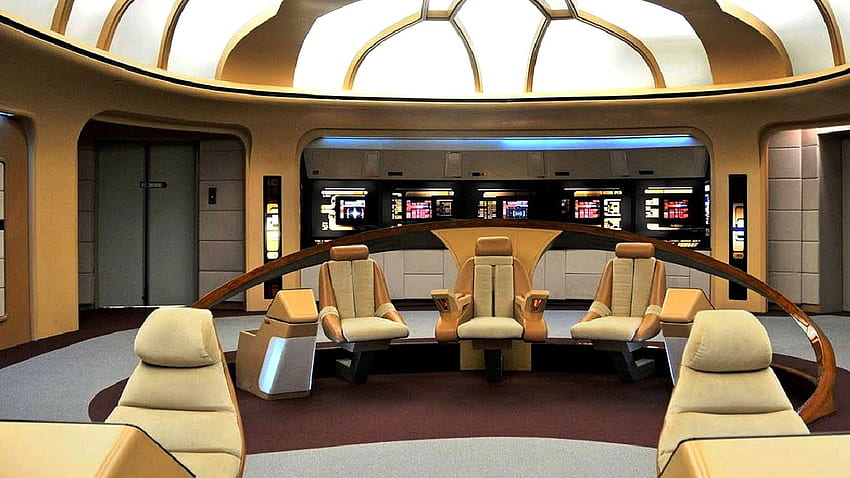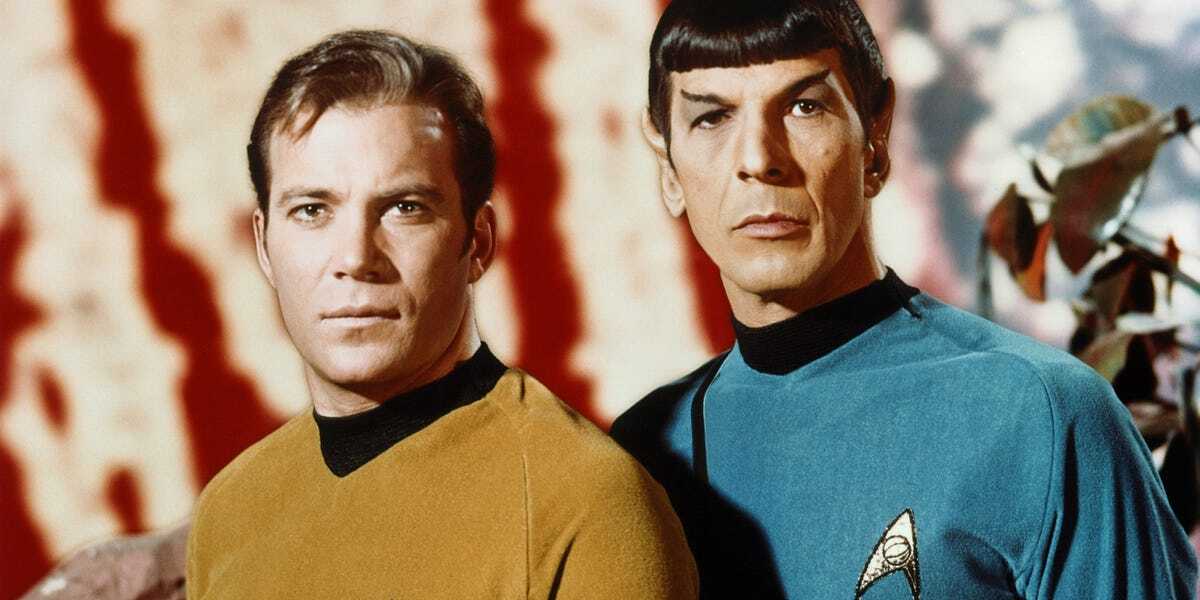The Picard Maneuver
Also The_Picard_Maneuver@lemmy.world
- 170 Posts
- 170 Comments

 81·9 months ago
81·9 months agoThey weren’t boy scouts as kids.

 32·9 months ago
32·9 months agoThis is a quality shower thought.

 4·9 months ago
4·9 months agoThis is great! Followed.

 5·9 months ago
5·9 months agoImpressively enough, my algorithm seems to automatically filter out all the videos that my toddler watches. I never get them recommended, like it knows “hey, this is just a dad playing this for his kid to watch - we don’t need to recommend him Elmo.”

 23·9 months ago
23·9 months agoOh my god, this is dark.

 9·9 months ago
9·9 months agoI’m so nostalgic for it. I played it over and over on the SNES Mario All Stars cartridge.

 3·10 months ago
3·10 months agoMaybe I click-baited you!
But in all seriousness, I go back and forth with putting anything in the body that I want people to read. I think it’s a separate click in some apps, because frequently people go straight to the comments and will ask about something that the body text answers.

 4·10 months ago
4·10 months agoOh man, I’ve done that plenty of times. He yells a lot, but somehow it’s relaxing.

 15·10 months ago
15·10 months agoThis is why I love TNG so much. Even though TOS is the original that laid the groundwork for everything, TNG took that “boundless optimism” and ran with it. Watching TNG inspires me to continue to self-improve and encourage it in others.

 11·10 months ago
11·10 months agoIf you run for office on that platform, you have my vote.

 2·10 months ago
2·10 months agoYeah, there’s a singular implied “universal morality” throughout Star Trek of accepting diversity and learning to not impose on other civilizations or each other on the basis of one’s biological differences or culture, even for Klingons! I’d say the rest is hard to define and subjective, as @ValueSubtracted@startrek.website said above, but post-scarcity and free agency in life to follow your passions has to be pretty close!

 3·10 months ago
3·10 months agoI don’t know if it was the same people, but it definitely felt like a spiritual successor!

 2·10 months ago
2·10 months agoThat’s a good point. I think this contrast between individual (often flawed) human judgment vs collectivist ideals has always been a theme. In TOS, you see Kirk calming McCoy’s knee-jerk reactions almost every episode. In TNG, it was Yar or Worf. In DS9, probably Kira.
Even then, I would say the collectivist ideals (i.e. Starfleet regulations) were more often portrayed as overly-cumbersome in implementation, which leads to someone like Kirk violating the rules in place of the ideals that they stand for. For example, how many naïve (but well-meaning) diplomats do we see in TOS or TNG? However, rules being restrictive or imperfect in an effort to support larger agreed-upon morals can still be trusted, compared to corrupt power structures, which cannot.

 3·10 months ago
3·10 months agoAh damn, sorry about the paywall. It let me hit “continue reading” on mobile, but I know sometimes these types of sites can be inconsistent.

 8·10 months ago
8·10 months agoIt’s just another tired bit about how following orders and perfect institutions are what Star Trek is really about, to hell with any evidence to the contrary.
I’d argue that the theme is less about following orders and more We are all individually flawed and are at our best when we follow our shared values - which is represented by both Starfleet and the utopian setting as a whole.
I can see the argument (for fiction and real life), that as we trust institutions less, our focus becomes more on individual judgement rather than collectivist ideas. It also tracks for me that as this occurs in real life, our media would reflect individualism more and more.

 17·10 months ago
17·10 months agoHaha, sorry - I just assumed everyone had heard of this wonderful nightmare! Like the other commenter said, it’s called “Getting Over It”. It has cool narration as you’re playing - you’ll fall down and then get a talk about overcoming failure.

 6·10 months ago
6·10 months agoGood luck!

 18·10 months ago
18·10 months agoI’ve admittedly still only watched up through the 90s, but I’d definitely say that DS9 depicted a significantly more “morally gray” version of Starfleet than TOS or TNG.
I think the point the author is making is that the extent to which this idea gets explored is reflective of our society’s growing mistrust of institutions IRL, rather than suggesting the theme has never been explored.

 10·10 months ago
10·10 months agoSo many times…


Usually, but I love the optimistic fanfare of the TNG intro, and it has a habit of drawing me in.